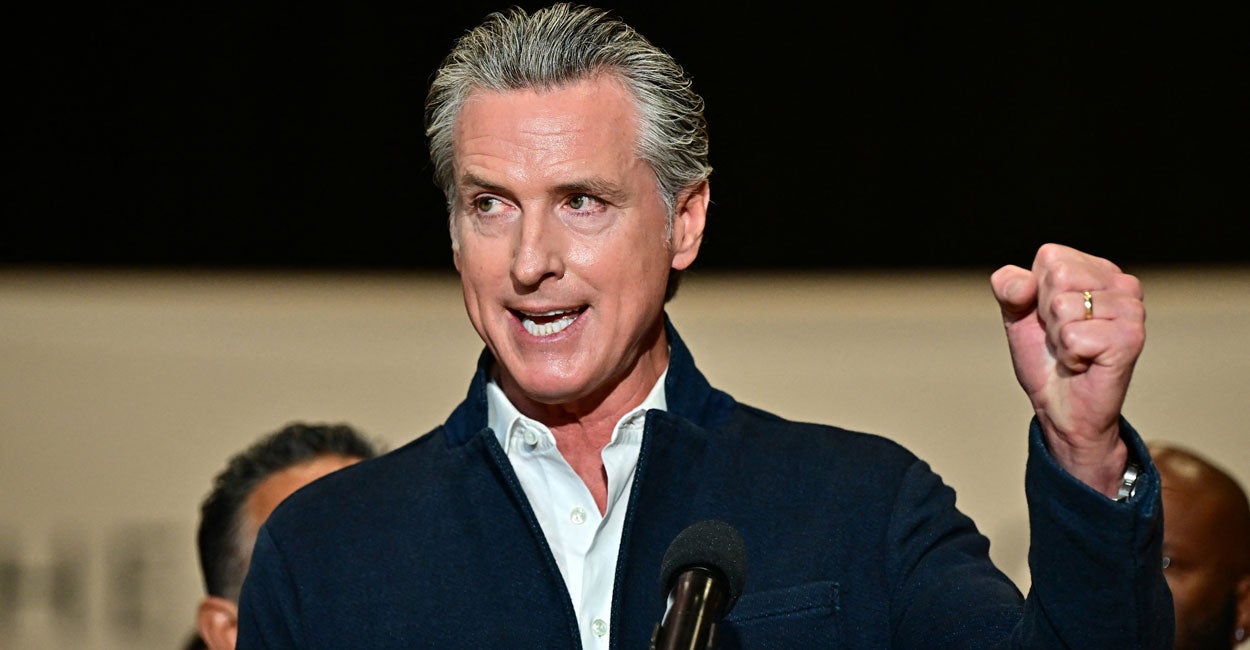Economist Skeptical of California’s Modest Energy Policy Reforms

California public officials’ attempts to address the state’s cost of living crisis are not going to provide much relief, a Golden State economist warns.
Live Your Best Retirement
Fun • Funds • Fitness • Freedom
California Energy Commission Vice Chairman Siva Gunda recently outlined a proposal to temporarily remove a cap on profits of oil refineries that had taken effect under Gov. Gavin Newsom, a Democrat, less than three years ago. The measure is one part of Gunda’s effort to keep gas prices from spiking as the state works to cut its reliance on oil.
California’s legislature has also recently backpedaled on a few of the state’s more onerous environmental regulations by exempting several construction projects from the California Environmental Quality Act (CEQA). Those projects include wildfire fuel breaks, some manufacturing facilities, enhancements to the region’s water system, and even sections of the state’s infamous high-speed rail project.
The moves come after Congress had also weighed in on the liberal state’s environmental regulations. In May, the Senate voted to override California’s ban on sales of new gasoline-powered passenger cars and trucks after 2035, which would have indirectly affected the entire American automobile market.
Wayne Winegarden, a senior fellow in business and economics at the Pacific Research Institute who writes about California’s regulatory burden, discussed the state’s reforms with The Daily Signal.
“You still have that central planning. You still have the [economic] distortions. You’re still not allowing broad-based development,” Winegarden said.
“Some relief is better than none. Pessimistically, well, you’re still distorting things. You’re really not opening up enough new development to really make a huge difference. You’re not going to appreciatively change, like the supply-and-demand balance in housing, so people aren’t going to see that much relief,” he explained.
The economist also expressed skepticism about how much the move to exempt portions of the high-speed rail from CEQA would actually contribute to getting the project finished.
“I don’t think CEQA is the defining factor for the bullet train,” Winegarden told The Daily Signal.
The initial cost projection for the California rail project was $33 billion, but that number was revised by the California High-Speed Rail Authority to $127 billion in 2023. Critics of the project have blamed a variety of problems, including corruption and mismanagement.
Nevertheless, the Pacific Research Institute expert said he would take some regulatory relief as a win.
California’s policies have had a significant impact on the U.S. population. The cost-of-living crisis in the Golden State led in part to about 9.2 million people exiting the state from 2010 through 2023. California has one of the highest gasoline prices in the United States. In March, Californians paid an average of $4.49 per gallon of regular gasoline, compared with the U.S. average of $3.10, according to the U.S. Energy Information Administration.
In other words, Californians were paying a whopping $1.39 per gallon of regular gas more than the average American.
The post Economist Skeptical of California’s Modest Energy Policy Reforms appeared first on The Daily Signal.
Originally Published at Daily Wire, Daily Signal, or The Blaze
What's Your Reaction?
 Like
0
Like
0
 Dislike
0
Dislike
0
 Love
0
Love
0
 Funny
0
Funny
0
 Angry
0
Angry
0
 Sad
0
Sad
0
 Wow
0
Wow
0










































































